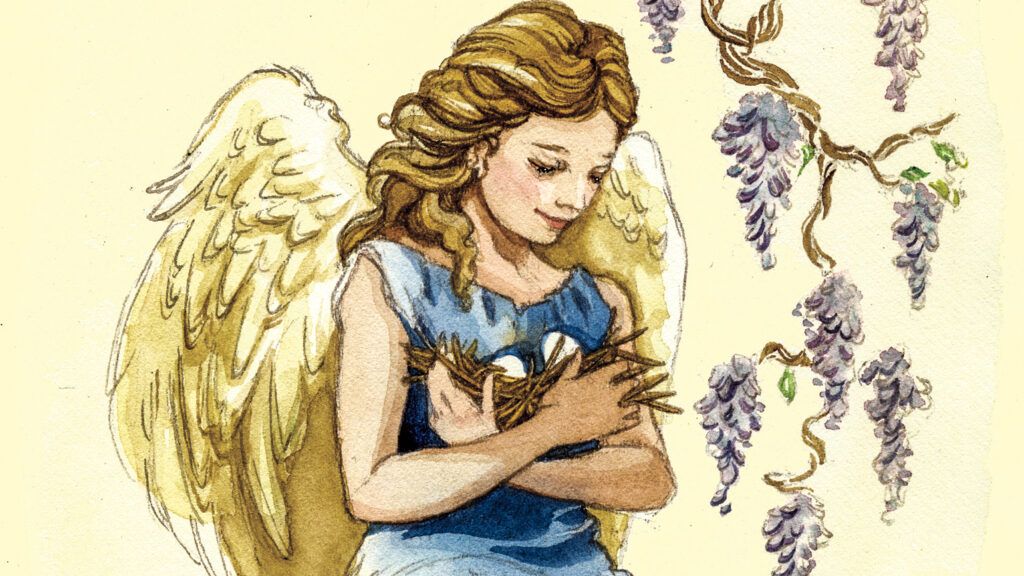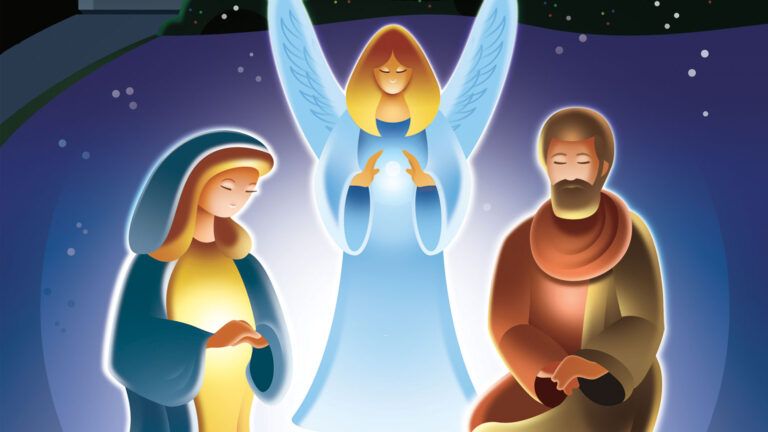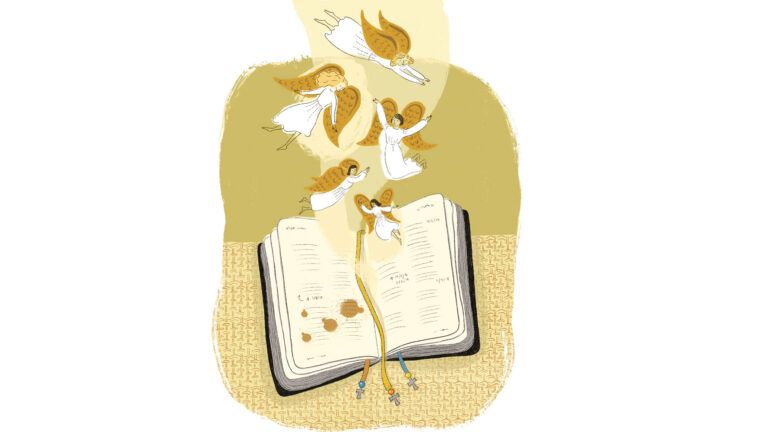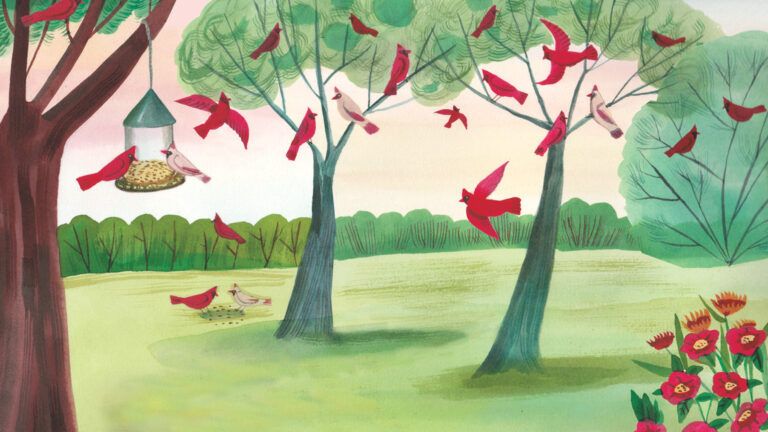“Look!” I said to my husband, Roger, pointing to the budding purple wisteria branches. “The mourning doves have built a nest!” As I watched the gray doves take turns coming and going in shifts to sit on their eggs, the waves of grief I still felt over my son Steven’s death three years earlier came less frequently. Here in our backyard was yet another of God’s reminders that he would always be there to reassure and comfort me.
But then on a chilly April day, we watched aghast as a hawk swooped down and took one of the doves, and by the next morning the other parent was gone too. Roger clambered up a ladder to take a peek into the nest. Was it possible the hawk had spared the young? Yes, there sat a newly hatched baby dove! We brought him inside and set up the nesting box with the heat lamps we had used for raising chickens. Then we rushed to the pet shop to buy the formula needed to mimic the mother’s milk. But even with our care and prayers, we knew that the dove’s chances were slim. We were especially worried that our little bird, whom we’d christened Hawkeye, hardly cooed at all. That had to be a bad sign.
But to our surprise, Hawkeye not only survived but also thrived. Within a month, he was able to stand on the rim of a bowl and eat out of a baby spoon, and before we knew it, he was pecking at the seeds we gave him. Having the opportunity to nurture this new life brought me a greater measure of peace with each passing day.
As Hawkeye grew, we noticed that unlike all the other doves in our yard, he had a double breast with a line dividing it. When I did some research on mourning doves, I found out that females don’t often coo.
“We got it all wrong,” I told Roger. “Hawkeye is a girl!”
We realized that as Hawkeye’s surrogate parents, we’d have to teach her to fly. First, we urged her to fly from a finger to the bottom rung of a six-foot ladder, and in no time she was zipping to the top. She lit out for the kitchen whenever she heard the click of the spoon on her bowl.
By mid-June she’d gained full confidence in her wings, so we knew it was time to set our Hawkeye free. We took her outside, but she only fluttered about the yard, even when we left her and went back inside. My heart broke as she watched us through the window, the warm wind ruffling her feathers. Finally, after several minutes, she flew to the wisteria and then took off into the sky. I started to cry. Would I ever see my mourning dove again?
As the months rolled by into fall and winter, the grief that had been held at bay returned more strongly. God had given me a new purpose, a new life to nurture, but now that Hawkeye was gone, I felt bereft. I often stared out the back window, hoping to catch just a glimpse of her. “If I could only see her one more time,” I told Roger, “I’d know everything would be okay.”
I had nearly given up hope, but one May morning, two doves landed on the deck rail. The smaller one bore Hawkeye’s distinctive chest markings. She had not only returned, but she’d also brought her mate with her! They built a nest on the very same wisteria branch where Hawkeye had been born. Several weeks later we watched Hawkeye feed her own two babies. And every time she soared into the sky, I felt my own heart soar with her—light, unburdened and filled with God’s grace.
Did you enjoy this story? Subscribe to Angels on Earth magazine.






